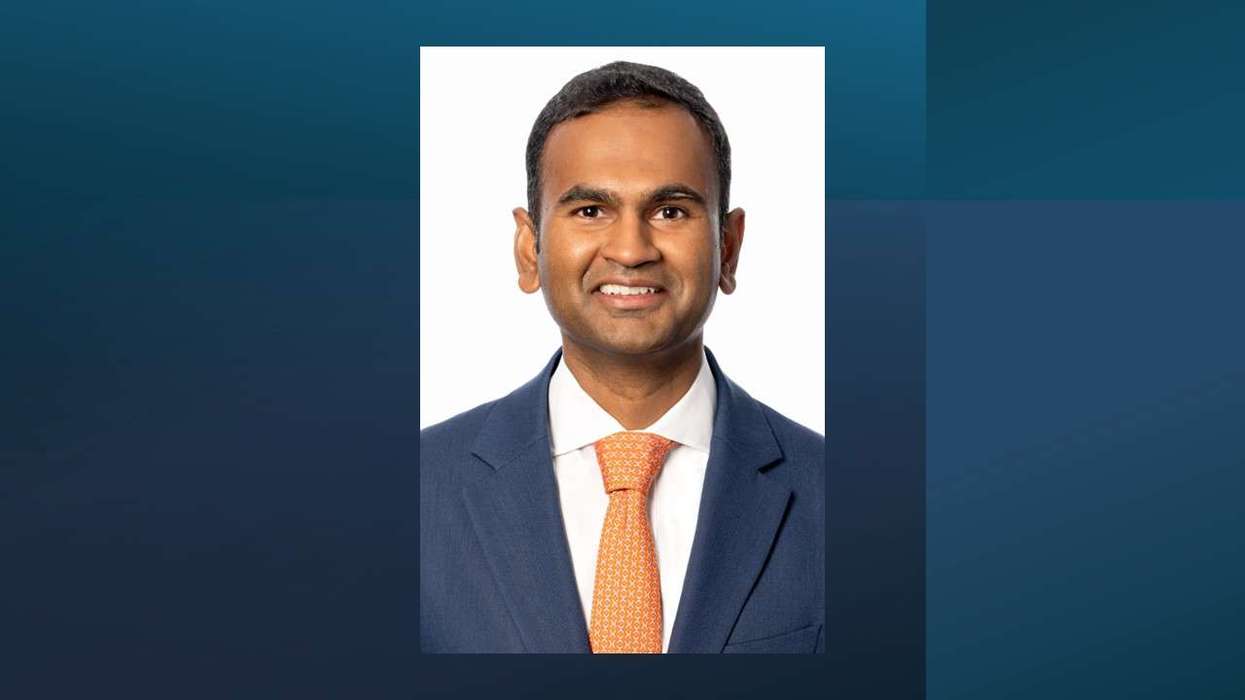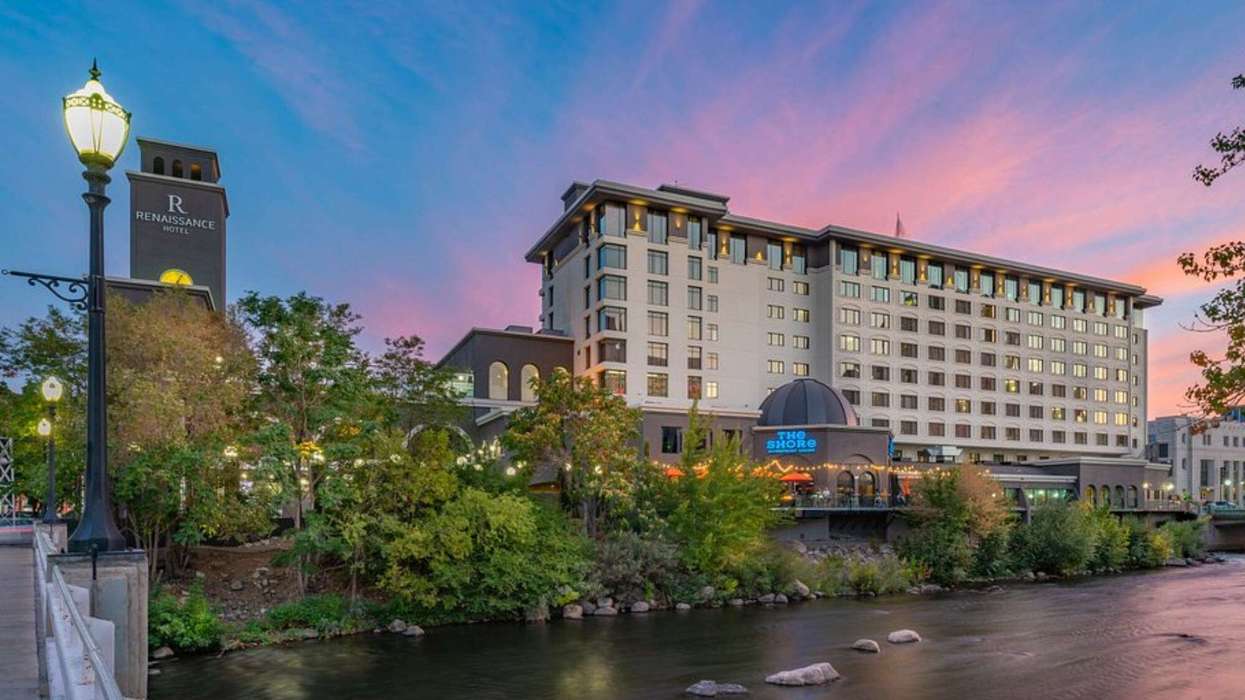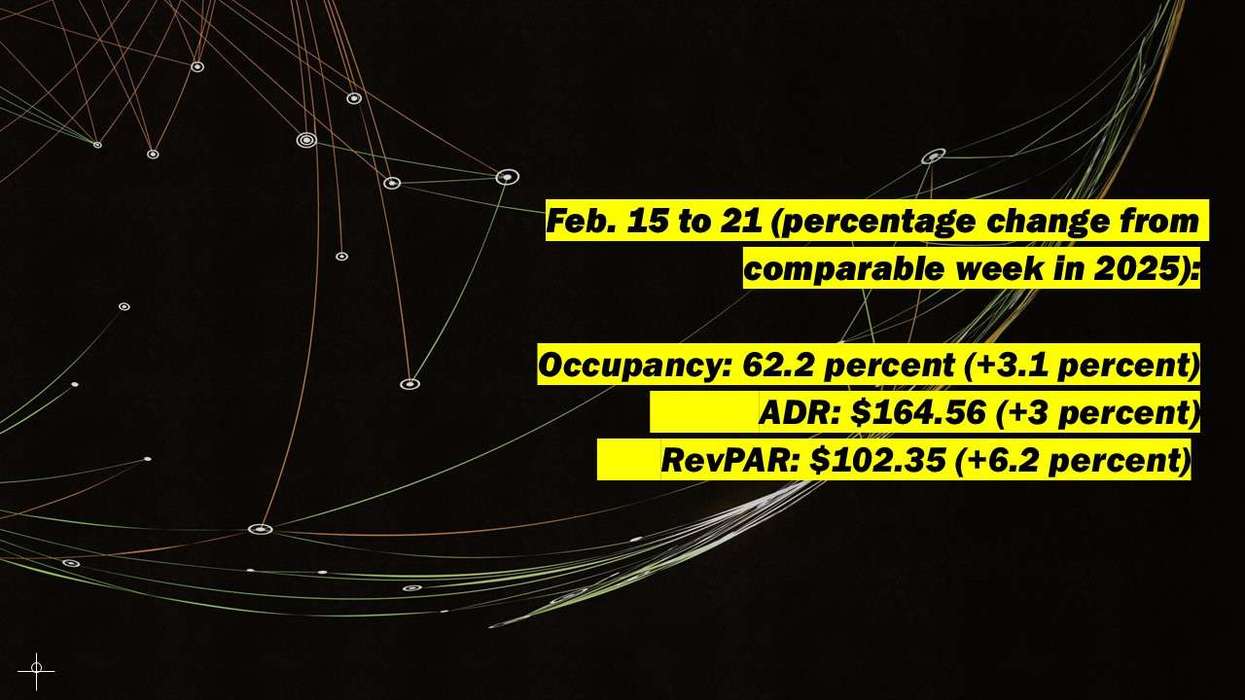Summary:
- Fragmented systems, poor integration limit hotels’ data access, according to a survey.
- Most hotel professionals use data daily but struggle to access it for revenue and operations.
- AI and automation could provide dynamic pricing, personalization and efficiency.
FRAGMENTED SYSTEMS, INACCURATE information and limited integration remain barriers to hotels seeking better data access to improve guest experiences and revenue, according to a newly released survey. Although most hotel professionals use data daily, the survey found 49 percent struggle to access what they need for revenue and operational decisions.
“The Future of Hotel Data” report, published by hospitality data platform Hapi and direct booking platform Revinate, found that 40 percent of hoteliers cite disconnected systems as their biggest obstacle. Nearly one in five said poor data quality prevents personalization, limiting satisfaction, loyalty and upsell opportunities.
“Data is the foundation for every company, but most hotels still struggle to access and connect it effectively,” said Luis Segredo, Hapi’s cofounder and CEO. “This report shows there’s a clear path forward: integrate systems, improve data accuracy and embrace AI to unlock real-time insights. Hotels that can remove these technology barriers will operate more efficiently, drive loyalty, boost revenue and ultimately gain a competitive edge in a tight market.”
AI and automation could transform hospitality through dynamic pricing, real-time personalization and operational efficiency, but require standardized, integrated and reliable data to succeed, the report said.
Around 19 percent of respondents cited communication delays as a major issue, while 18 percent pointed to ineffective marketing, the survey found. About 10 percent reported challenges with enterprise initiatives and 15 percent said they struggled to understand guest needs. Nearly 46 percent identified CRM and loyalty systems as the top priority for data quality improvements, followed by sales and upselling at 17 percent, operations at 10 percent and customer service at 7 percent.
Meanwhile, hotels see opportunities in stronger CRM and loyalty systems, integrated platforms and AI, the report said. Priorities include improving data quality for personalized engagement, using integrated systems for real-time insights, applying AI for offers, marketing and service and leveraging dynamic pricing and automation to boost efficiency, conversion and profitability.
“Clean, connected data is the key to truly understanding the needs of guests, driving amazing marketing campaigns and delivering direct booking revenue,” said Bryson Koehler, Revinate's CEO. “Looking ahead, hotels that transform fragmented data into connected data systems will be able to leverage guest intelligence data and gain a significant advantage. With the right technology, they can personalize every interaction, shift share to direct channels and drive profitability in ways that weren’t possible before. The future belongs to hotels that harness their data to operate smarter, delight guests and grow revenue.”
In June, The State of Distribution 2025 reported a widening gap between technology potential and operational readiness, with many hotel teams still early in using AI and developing training, systems, and workflows.






